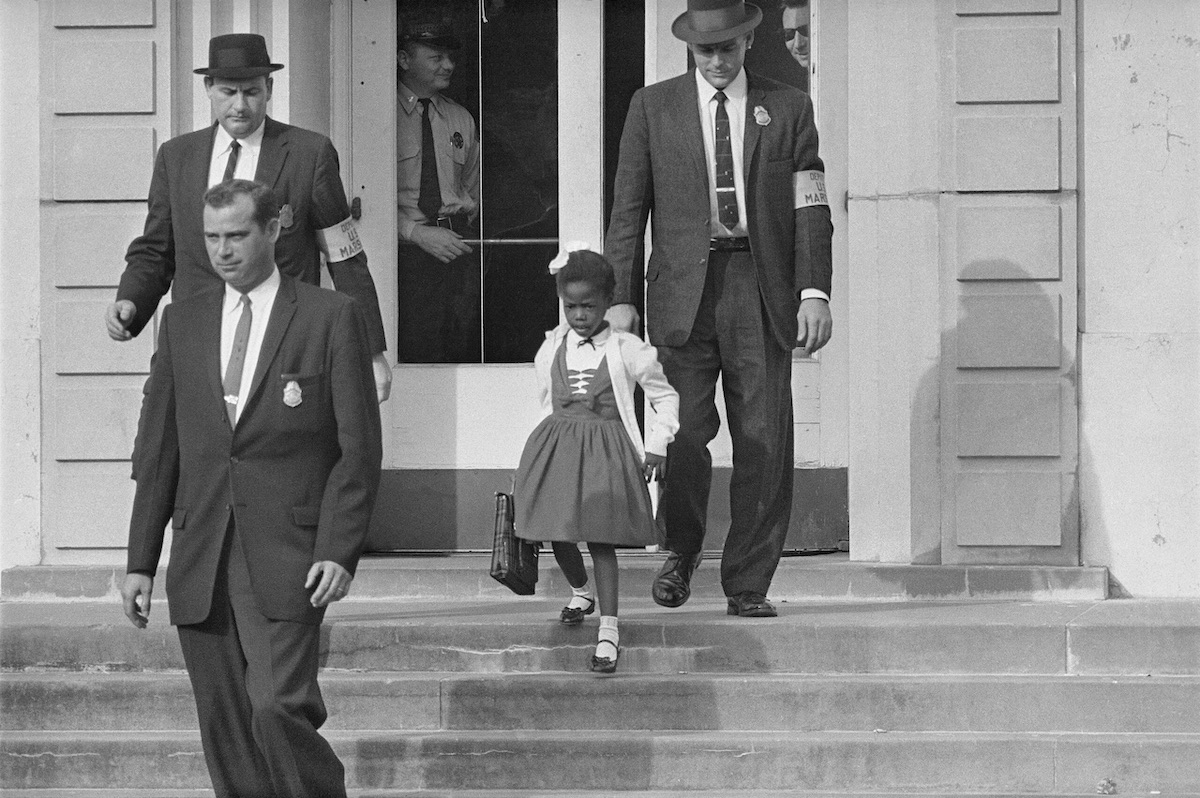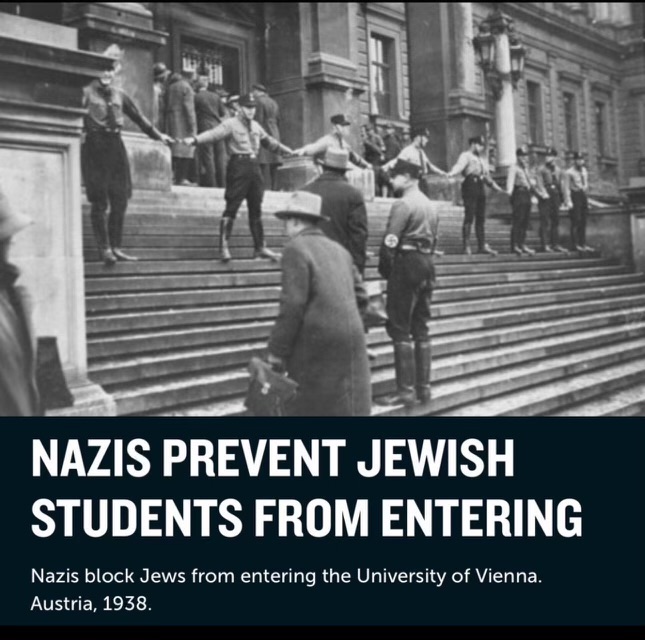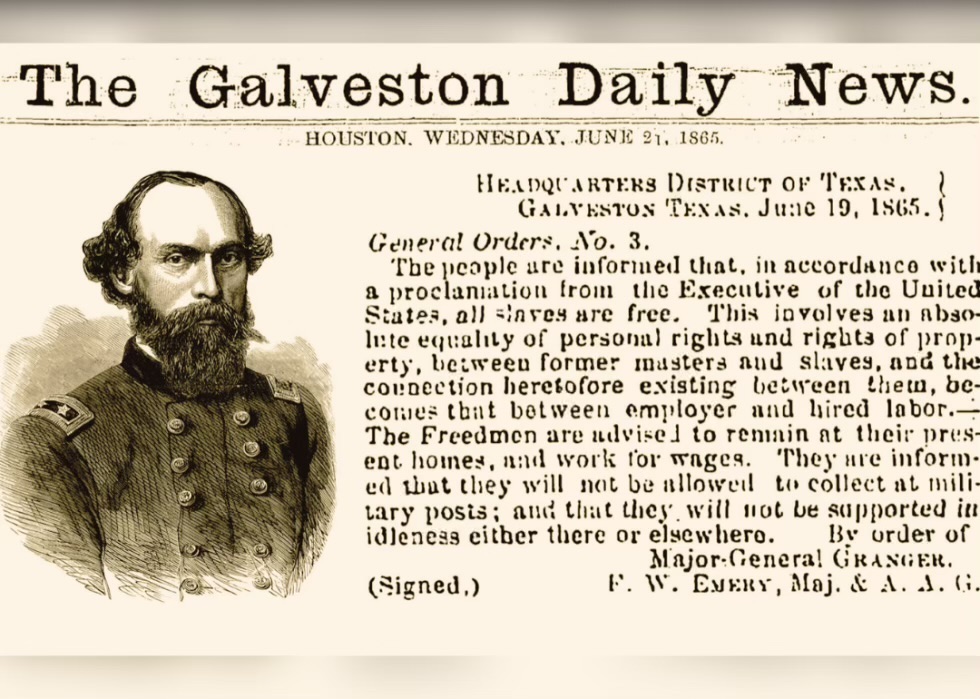Lead Or Get Out of The Way

I hope you enjoyed your July 4th holiday, celebrating America’s hard-won freedom from the imperious whims of a despot, as symbolized by the signing of the Declaration of Independence almost 250 years ago, on July 4, 1776. It’s also interesting to note that several distinguished historians have stated that democracies last for only 250 years.
I’ve always loved the 4th of July, but this year it was hard for me to celebrate our nation’s independence from autocratic rule because it comes at a time when so many anti-democratic actions and ideas are being elevated and applauded… by Americans.
Since Hamas’s October 7th slaughtering of Israelis, and Israel’s military response in Gaza, universities across our country, in their responses to student protests, have utterly failed. Failed their students. Failed democracy. Failed us all. Where is the leadership on these campuses? Why have America’s institutions of higher learning dropped the ball on their premier responsibility – to educate? Or, at the very least, to protect all students? It’s a far cry from the world I knew 40 years ago at UCLA.
My Learnings Leading UCLA’s Student Government Against Apartheid
In the spring of 1985, as the Undergraduate Student Body President at UCLA, I helped lead our campus community’s protest against South African Apartheid – the largest student activation since the student protests against U.S. military involvement in Vietnam. We protested on campus, at UC Regents meetings, from the tent city set up in Schoenberg Plaza, and in our peaceful takeover of UCLA’s administration building. We didn’t destroy or vandalize the building. We took it over and slept in its halls. We chanted. We called for action.

UCLA was joined by campuses across the country in peaceful but potent protests, and the world heard our voices and, more importantly, the voices of black South Africans. By 1990, Apartheid officially took its final breath.
During our UCLA anti-Apartheid protests, I have no memory of anyone ever mentioning, considering, or participating in any hostile or violent behavior toward white South Africans or against any other human beings on UCLA’s campus. That’s because we were protesting a government’s racist policies. We were not protesting a people. When you protest a people, that is called a pogrom.
The situation on today’s college campuses is vastly different. And I am deeply disappointed in how our nation’s “institutions of higher learning,” UCLA and UCSB included, have failed to rise to this moment.
Those of us who send our kids to college do so at great, often budget busting, expense. We do this so that our children will become educated, thoughtful members of our civil society; so that they will learn history and how to analyze its meaning, so that it can give context to the present; so that they can become independent thinkers but still have respect for the ideas of others with different life experiences. We educate our kids so they will learn not just to speak with conviction, but to listen, with empathy.
Since October 7th I’ve seen a lot of yelling and violence and hate in response to a decades long regional conflict about which most of the student protesters seem to understand very little. And I’ve seen very little higher learning. There’s been nary any discussion, debate, dialogue, listening, or empathy.
Now summer is here; campus encampments symbolizing pro-Palestinian protests have been dismantled, and now the movement has dispersed onto the streets of our cities and neighborhoods, becoming more violent, more dangerous, and scarier by the day.
In Los Angeles, for example, protestors are showing up in Jewish neighborhoods, at synagogues and Jewish community centers, harassing people in what feels more like the random vigilante mobs of Nazi Germany than any protest in which I ever took part.
Democracy is a fragile, living thing, like a garden that demands constant tending. And if taken for granted, it will become
overrun by the seeds of discord and will cease to exist.
More importantly, how does this behavior jibe with the American ideals we set off fireworks to celebrate last week?
If you don’t like what’s happening in Gaza, that’s fine. Many of us don’t. And it’s our right to protest that, as it is to protest any policy. But when you protest a policy, you go to City Hall. You go to (in this case) the Israeli consulate. You go to the White House. You call your elected representatives, or protest outside their offices. What you don’t do is terrorize a Jewish neighborhood, or Jews on college campuses. Or at synagogues. That is not protesting a policy. That is protesting a people. And again, that is what’s called a pogrom.
The images we continue to see in Gaza are deeply disturbing and to say this is a complicated situation would be a glaring understatement. But how we treat people in our community, how we treat our fellow humans, that should not be complicated.
We need to get clear on what constitutes a fair protest about policy versus terrorizing random human beings who are in no way responsible for what another sovereign country’s government is doing.
As the daughter of a holocaust survivor, I don’t pretend to be objective on this issue. But here’s what I know. I’ve not seen a single Jewish protestor terrorizing people at a mosque. When protestors go to a synagogue, or a well-known Jewish neighborhood, when Jewish people are targeted, that is a bigoted act. If you show up in a known Jewish neighborhood, wearing a keffiyeh with your face covered, chanting “from the river to the sea,” that’s tantamount to a hooded Klansman waving a confederate flag in the center of Harlem. It’s not trying to start a conversation. It’s trying to start a fight. And one thing we learned from DEI is that what matters is how words or actions are experienced, not necessarily how someone says they were intended.
Certainly, hate is not only being directed toward Jews. Since October 7th, incidents targeting Muslims, Palestinians, and Arab Americans have also been documented, including last October when a Palestinian American boy in Illinois was murdered by his landlord, who reportedly was angry about Hamas’s attack on Israel. Just like on November 6th, only 45 miles from here, in Westlake, a pro-Palestinian protestor smashed a Jewish man over the head with his megaphone, not only killing him, but providing a poignant metaphor for the world we find ourselves living in today.
Boston Tea Party – The Civil Disobedience Gold Standard

The Boston Tea Party on December 6, 1773, remains one of history’s most famous acts of civil disobedience. Of note, no one was killed or raped or brutalized. Instead, 342 chests of tea were dumped into Griffin’s Wharf in Boston Harbor, sending a clear message to the King of England that the status quo would no longer be tolerated. That nonviolent but clear act of defiance launched the American Revolution – a protest against a true colonialist power.
This July 4th I reflected on what it was I was celebrating, and all that will be lost if we stop fighting for it. Because one thing I know from my days as an undergraduate history major, and from the painful lessons from my family’s WWII experience, is that Democracy is a fragile, living thing, like a garden that demands constant tending. And if taken for granted, it will become overrun by the seeds of discord and will cease to exist.
At this fractious inflection point, and as our national election nears, what we desperately need is the courageous leadership of unifiers and conciliators. This moment does not play to the strengths of Donald Trump, a clearly diminished Joe Biden, or the bizarre ghost of Kennedys past, RFK Jr. And on a local level the same is true at UCSB where under the stale stewardship and aggressive inaction of Chancellor Henry Yang protestors were allowed to create an environment of fear for anyone who didn’t agree with their views. Contrast this to moments in our history when courageous and clear leadership was exercised. Like November 14th, 1960, when federal marshals in Louisiana escorted Ruby Bridges to class because integration was wildly unpopular with many. By the same token, what is Juneteenth about? The state of Texas was not complying with the emancipation proclamation, so the Federal Government sent in the cavalry to literally read the news to greater Texas that slavery was actually over.
Meanwhile all of us have an important role to play. Because leadership does not come from an office, or a fancy title, or a massive net worth. Those things might get you a following, or reservations at that trendy new restaurant, but true leadership is a way of being in this world. It’s taking personal responsibility for how things are. It’s standing up for what’s right and fair and just and true. We each have a moral responsibility to move this world in a better direction, because like it or not, we will all be sleeping tonight in the collective bed we are making today.







You must be logged in to post a comment.